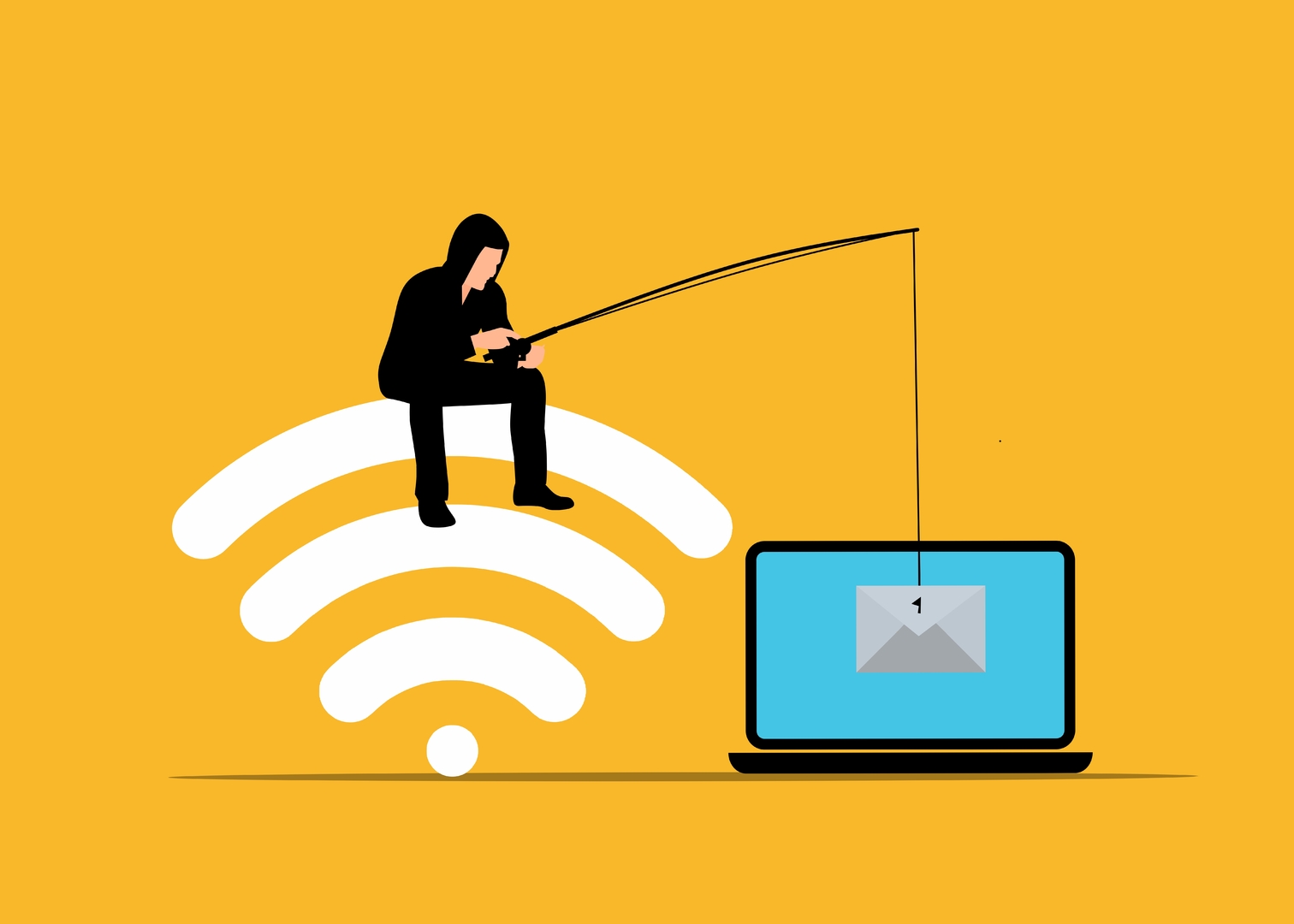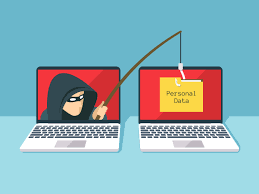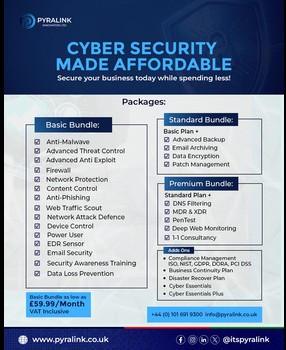
Insider Threat: GCHQ Intern Jailed for Copying Top-Secret Data
An enemy could be in your trusted workforce. How can you spot him? See lesson from GCHQ incident in this blog post

How to Spot a Phishing Email in Less Than 5 Seconds
How to Spot a Phishing Email in Less Than 5 Seconds Phishing emails remain one of the most dangerous tricks in a cybercriminal's toolkit. They’re smart, sneaky, and often look convincing enough to fool even the sharpest eye. But what if you could detect one almost instantly?

Ransomware Unlocked: A Comprehensive Guide to Prevention and Protection
Learn how to protect your data from ransomware attacks with this comprehensive guide. Discover the latest tactics used by cybercriminals and effective strategies to prevent and mitigate the damage.

Don't Get Hooked! How to Outsmart Phishing Attacks
Phishing attacks are like digital fishing expeditions – attackers cast a lure (a deceptive email or message) hoping to trick recipients into revealing sensitive information or clicking on malicious links. These attacks are prevalent because they prey on human trust and inattention.

The Ever-Present Threat: Why Vulnerability Management is Crucial
In today's digital age, cyberattacks are a constant threat. Malicious actors are continuously developing new ways to exploit vulnerabilities in software, systems, and networks. These vulnerabilities can leave your organization susceptible to data breaches, ransomware attacks, and other security incidents.

Don't Get Hooked: Phishing Simulations II
While the previous blog post served as a concise introduction, let's delve deeper into the world of phishing simulations and explore their intricacies.
